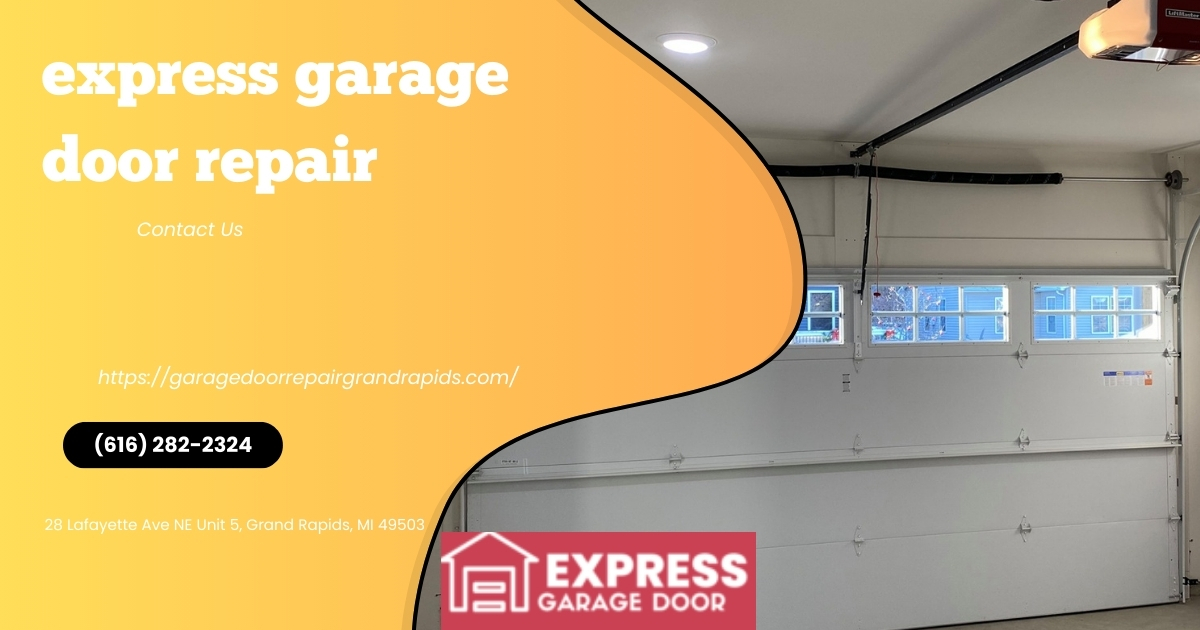https://deanjhyh694.wpsuo.com/why-locals-trust-express-garage-door-repair-in-grand-rapids
# What Happens During a Comprehensive Inspection?
# **The Importance of Regular Inspections**
Regular inspections are essential for identifying potential problems before they become costly repairs. For example, if you neglect garage door maintenance, it could lead to emergency garage door repair situations later on. By investing in routine inspections, you can catch small issues like worn-out springs needing garage door spring repair before they escalate.
# **Key Components of a Comprehensive Inspection**
**1. Structural Evaluation**
A thorough structural evaluation looks at the foundation, framing, and overall stability of the building.
# *Why It Matters*
Ignoring structural issues can lead to severe consequences down the line. Cracks might seem minor initially; however, they can indicate bigger problems lurking beneath the surface.
**2. Roof Inspection**
The roof protects your home from environmental elements.
# *What Inspectors Look For*
Inspectors will look for missing shingles, signs of water damage inside attics, proper drainage from gutters, and any potential leaks.

# **Plumbing System Overview**

Inspectors check pipes for corrosion or leaks which could signal future plumbing emergencies requiring urgent garage door service or emergency repairs elsewhere in your home.
# *What You Should Know*
Old pipes made from materials like polybutylene can be ticking time bombs leading toward extensive water damage if not replaced with modern ones during renovations or upgrades.
**2. Drainage Evaluation**
Proper drainage prevents water pooling around foundations leading toward premature damages requiring extensive repairs later on!

# FAQs About Comprehensive Inspections
1. How often should I schedule a comprehensive inspection?
You should conduct a comprehensive inspection annually or bi-annually depending on your local climate conditions and property age.
2. What specific areas do inspectors focus on?
Inspectors mainly focus on structural integrity, roofing systems, electrical wiring & plumbing systems among other vital aspects crucial for safety & functionality!3. Can I be present during an inspection?
Absolutely! In fact, it's encouraged so you can ask questions directly related to findings as well as gain deeper insights about maintenance needs moving forward!
4. How long does an inspection usually take?
Typically speaking based on average-sized homes expect inspections lasting anywhere from two hours up until five hours depending upon complexity involved!5. What happens if issues are found during inspections?
If any major concerns arise expect recommendations potentially requiring follow-up visits specifically tailored towards necessary repairs performed by licensed contractors only!
6. Are there different types of inspections available?
Yes! You may encounter specialized ones such as pest control evaluations plus energy audits aimed precisely at enhancing overall efficiency throughout household operations overall!---
code1/pre1/##